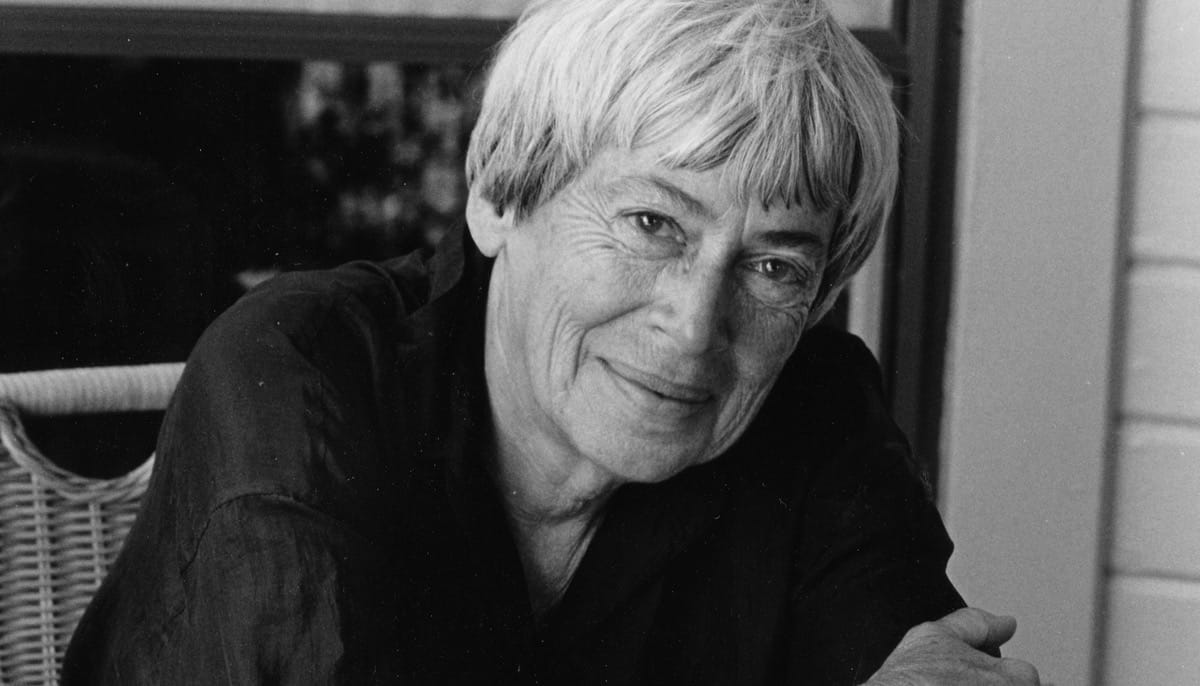A Shropshire Lad: XXXII
From far, from eve and morning
And yon twelve-winded sky,
The stuff of life to knit me
Blew hither: here am I.
Now—for a breath I tarry
Nor yet disperse apart—
Take my hand quick and tell me
What have you in your heart.
Speak now, and I will answer;
How shall I help you, say;
Ere to the wind’s twelve quarters
I take my endless way.
First published in 1896.
A.E. Houseman was a classics scholar with a rare, particular gift: in an ancient text in which words or lines had been garbled or miscopied or lost, he could see what they must have been and correct the error, fill the gap. Such a gift must rise from an uncanny sense for the right, the inevitable word. In the three brief volumes of his own verse you can see that gift fulfilled.
Modernism, which became the dominant style during Housman’s lifetime, turned us away from regular beat and full rhyme. But that’s all he wrote. Jog jog, his poems go, three- or four-beat lines in quatrains or other stanzas familiar from ballads and hymns, always rhymed. It’s so simple. Nothing to it. Anybody can do it. Just try!
What he did with it makes you realize the infinite suppleness and subtlety of simple forms when used by a great poet.
Rhythm of beat, of stress, of rhyme goes so deep in us; it answers a human need. Fast month I saw a baby not yet a year old whop a stick against a chair in perfect time, laughing and singing out: Wow!—Wow!—Wow!—Wow! This is the origin of music, and poetry.
True rhythm gets into your head, your bones. I can’t recall more than a line or two of any free-verse poem, even those I love. But when I’m sick or wakeful in the dark, I invite Housman’s poems to sing in my head and find solace in their pure, uncompromised music.
Housman was god-free. His was the world of Lucretius and scientific materialism—not presided over by a deity either vengeful or loving, not containing anything humanly attainable beyond physical reality, yet vast, full of mystery. In this world death takes us not to heaven but to earth—to dust, to “the wind’s twelve quarters.” Human love and pain are all the deeper for their brevity; human honor burns all the brighter because it has no reward.
That a poem may draw from such apparently bleak realism a warm, urgent morality—“Take my hand quick / How shall I help you?”—this is something to ponder.

